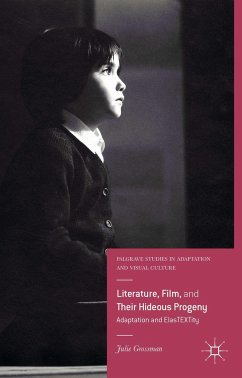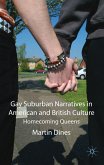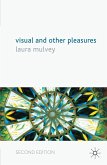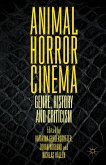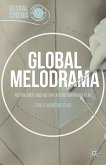This book posits adaptations as 'hideous progeny,' Mary Shelley's term for her novel, Frankenstein . Like Shelley's novel and her fictional Creature, adaptations that may first be seen as monstrous in fact compel us to shift our perspective on known literary or film works and the cultures that gave rise to them.
"Literature, Film, and Their Hideous Progeny forms one wide-ranging study, in which chapters of each of the three sections are expected to be read linearly. ... Grossman has compiled an intriguing and thought-provoking set of essays. ... All in all, Literature, Film, and Their Hideous Progeny is an intriguing read for fiction and film scholars, and for anyone passionate about literature and cinema." (Emma Bálint, Hungarian Journal of English and American Studies, Vol. 23 (2), 2017)
"In her provocative and energetic study, Julie Grossman employs the central metaphor of 'hideous progeny.' ... In every sense of the word, Grossman's is a 'vital' contribution to the field of adaptation studies. ... Like other excellent scholars in the field of adaptation studies, Grossman is creating a monster-and for those of us who teach and write about the process, this is thrilling stuff indeed." (Nancy M. West, South Atlantic Review (SAR), Vol. 81 (2), 2016)
"In her provocative and energetic study, Julie Grossman employs the central metaphor of 'hideous progeny.' ... In every sense of the word, Grossman's is a 'vital' contribution to the field of adaptation studies. ... Like other excellent scholars in the field of adaptation studies, Grossman is creating a monster-and for those of us who teach and write about the process, this is thrilling stuff indeed." (Nancy M. West, South Atlantic Review (SAR), Vol. 81 (2), 2016)

